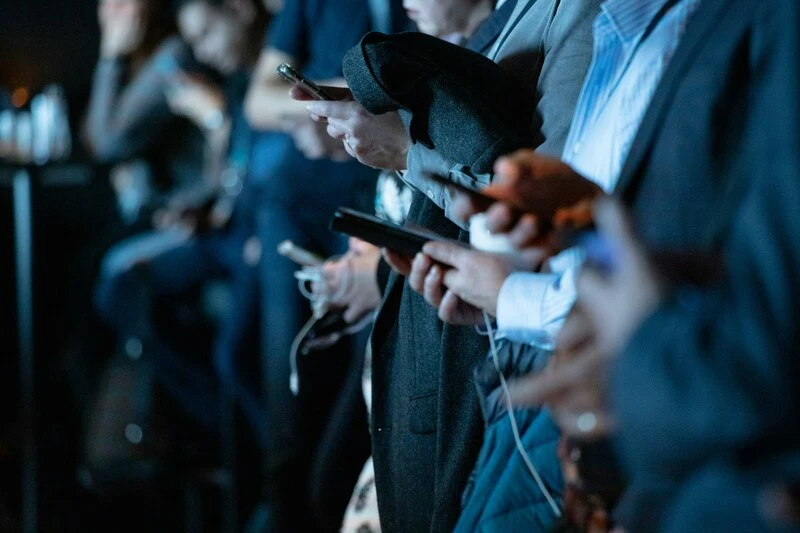In the age of digital connectivity, social media platforms have revolutionised how we communicate, share, and connect. Yet, behind the glossy facade of likes, shares, and hashtags lies a darker truth: social media has emerged as one of the most significant triggers for poor mental health in human history.
The Allure of Social Media
At its core, social media offers an irresistible allure. It promises instant connection, validation, and a platform to express oneself. However, these promises often come with hidden costs.
The Rise of Comparison Culture
One of the most significant impacts of social media is the rise of comparison culture. Scrolling through perfectly curated feeds, people often compare their lives to the seemingly flawless lives of others. This constant comparison can lead to feelings of inadequacy, envy, and low self-esteem. Research by the Royal Society for Public Health in the UK found that social media use is linked to increased rates of anxiety, depression, and poor sleep.
Cyberbullying and Online Harassment
The anonymity of social media can also breed negativity. Cyberbullying and online harassment have become rampant, affecting millions of users worldwide. A survey by the Anti-Bullying Alliance revealed that 1 in 5 young people in the UK have experienced cyberbullying. The psychological toll of such harassment can be devastating, leading to severe anxiety, depression, and, in extreme cases, suicidal thoughts.
The Pressure to Be 'Always Online'
Social media creates an environment where users feel pressured to be constantly available and responsive. This "always online' mentality can lead to burnout, stress, and feeling overwhelmed. According to a study by the University of Glasgow, excessive social media use is associated with higher levels of anxiety and sleep disturbances among young adults.
The Echo Chamber Effect
Another critical issue is the echo chamber effect, where users are predominantly exposed to viewpoints and information reinforcing their beliefs. This can lead to increased polarisation and anxiety as individuals feel trapped in a cycle of negative and divisive content. The American Psychological Association has highlighted that exposure to such content can exacerbate feelings of distress and helplessness.
The Illusion of Connection
While social media promises connection, it often delivers the opposite. Many users feel lonelier and more isolated despite having hundreds or thousands of online "friends." A study by the University of Pennsylvania found that higher social media use correlated with feelings of social isolation and loneliness.
Steps Towards a Healthier Relationship with Social Media
Despite these challenges, it's possible to cultivate a healthier relationship with social media. Here are a few strategies:
1. Limit Usage: Set specific times for social media use to avoid mindless scrolling and ensure it doesn't interfere with your daily life.
2. Curate Your Feed: Follow accounts that inspire and uplift you. Unfollow or mute those that trigger negative feelings.
3. Engage Mindfully: Be conscious of how social media makes you feel and take breaks if needed. Engage in real-world activities that bring you joy and fulfilment.
4. Seek Support: If social media is affecting your mental health, don't hesitate to seek professional help. Counselling and therapy can provide valuable tools to manage its impact.
Conclusion
Social media, while offering unparalleled opportunities for connection and expression, has also become a significant trigger for poor mental health. Understanding its impacts and taking proactive steps, we can navigate the digital landscape more mindfully and protect our mental well-being. Remember, it's okay to step back, disconnect, and prioritise your mental health. The virtual world can wait. Your well-being cannot.

